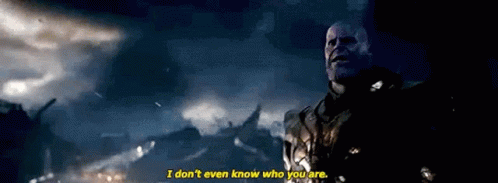In many interviews, you've spoken publicly about how difficult it was to pass policies and get things done at Nintendo. For example, in your Kotaku interview you said, I absolutely did try to fight internally to change whatever I could. In your IndieGamerchick interview, you said, Unfortunately, it was hard to get the changes I needed because no one could hear me over the ringing of all the cash registers.
But why was it so difficult to get things done at Nintendo?
Is there a lot of bureaucracy, additional layers of management, and red tape?
Is it because NOA offices are not very autonomous, and you need to always report to Japan (NCL)?
Dan Adelman: Nintendo is not only a Japanese company, it is a Kyoto-based company. For people who aren't familiar, Kyoto-based are to Japanese companies as Japanese companies are to US companies. They're very traditional, and very focused on hierarchy and group decision making. Unfortunately, that creates a culture where everyone is an advisor and no one is a decision maker but almost everyone has veto power.
Even Mr. Iwata is often loathe to make a decision that will alienate one of the executives in Japan, so to get anything done, it requires laying a lot of groundwork: talking to the different groups, securing their buy-in, and using that buy-in to get others on board. At the subsidiary level, this is even more pronounced, since people have to go through this process first at NOA or NOE (or sometimes both) and then all over again with headquarters. All of this is not necessarily a bad thing, though it can be very inefficient and time consuming. The biggest risk is that at any step in that process, if someone flat out says no, the proposal is as good as dead. So in general, bolder ideas don't get through the process unless they originate at the top.
There are two other problems that come to mind. First, at the risk of sounding ageist, because of the hierarchical nature of Japanese companies, it winds up being that the most senior executives at the company cut their teeth during NES and Super NES days and do not really understand modern gaming, so adopting things like online gaming, account systems, friends lists, as well as understanding the rise of PC gaming has been very slow. Ideas often get shut down prematurely just because some people with the power to veto an idea simply don't understand it.
The last problem is that there is very little reason to try and push these ideas. Risk taking is generally not really rewarded. Long-term loyalty is ultimately what gets rewarded, so the easiest path is simply to stay the course. Id love to see Nintendo make a more concerted effort to encourage people at all levels of the company to feel empowered to push through ambitious proposals, and then get rewarded for doing so.

 But **** it, guess Will is up to make a new topic.
But **** it, guess Will is up to make a new topic.

